Can Effective Predictive Maintenance Be More Beneficial On Board Ships?
Working in the maritime industry, we all know that planning and carrying out regular equipment maintenance is better than no-maintenance at all. But does that mean we would have to only rely on the planned or the periodic maintenance system that has been followed commonly by the whole fraternity.
Equipment and machinery especially the sea based ones are, more often than not, susceptible to failures, defects and the uncalled-for repairs. Maintaining them is hard work and particularly repairing the failed ones.
Thinking proactively, how would it seem if we try and eliminate unplanned failures and eventually the inflated repair costs by a method of early failure detection of the machinery while the equipment is still functioning normally. The question is whether the industry would follow a relatively less understood methodology called ‘Predictive maintenance‘ for all the ship’s running critical equipment and machinery.
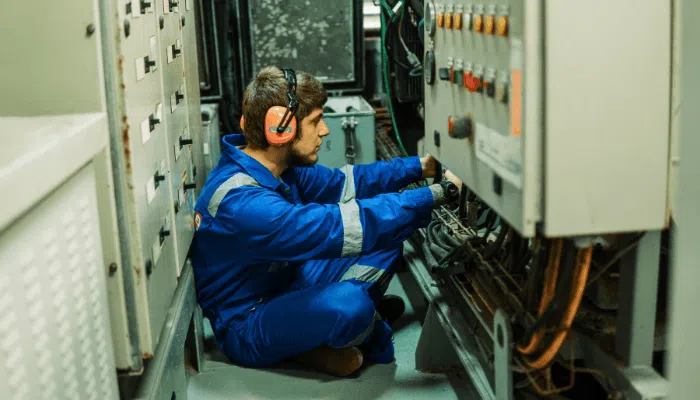
Let us understand various types of maintenance programs used on ships that differ considerably from condition based monitoring –
- Periodic or Planned Maintenance System: This time based monitoring system is commonly employed on board ships that includes periodic inspection, overhauling, replacing components of a particular machine. It is costly and involves considerable man power
- Preventive Maintenance: In preventive maintenance, regular inspections, cleaning, lubrication, re-assembly is carried out as per the equipment’s maintenance schedule and conditional analysis which helps in retaining the equipment’s healthy working condition so as to prevent any further deterioration to the equipment.
- Breakdown Maintenance: Whenever a shipboard machinery fails or an equipment breaks down, the repairs that follow are known as Breakdown Maintenance. Generally a breakdown maintenance is avoided when at sea due to limited availability of resources unless the equipment is critical and in-use.
What is Predictive Maintenance?
Condition based maintenance or Predictive Maintenance is a proactive approach to solving unplanned interruptions due to equipment failure that eventually resulted in a costly maritime “downtime” affair. This approach is rather an abstract of predictions as compared to the preventive maintenance system followed religiously on board ships. The primary aspect of such maintenance is the pro active analysis that reveal and ascertain subsequent trends of the shipboard equipment or the machinery’s conditions, thereby warning us of the looming failure. This ensures that the ship’s staff understand the equipment’s current as well as future functioning abilities.
In short, it is a technique that helps us decide or predict the next maintenance cycle of the in-service machinery or equipment. It is also by far the most cost friendly approach when compared to the preventive or time based maintenance methods.
This technique detects any deterioration or the onset of it in a machinery that involves on board maintenance, aiding the less resourceful ship staff to be able to address any issues pertaining to its maintenance well beforehand.

What are the advantages of Predictive Maintenance?
Predictive maintenance survives on trend values and relevant analysis. It acts as a surveillance system that is designed to detect the on-line conditions of the marine equipment and machinery. Let us see some of the benefits this technique is designed for –
- Ship staff would be well prepared to plan their maintenance schedule in order to curtail or even eliminate overheads
- Inventories for stocks and spares will be minimised as the parts need not be asked for ‘in-advance’ that would otherwise be called for during machinery breakdowns
- The technique will ensure that machinery or the equipment operates at an optimal operational level that would in turn save energy consumption and thereby the working costs
- Intend increasing shelf life of the components, lasting longer and performing better
- Reduction in unexpected machinery failures
- Cut back in maintenance costs, repair costs, etc.
- Increases marine plant capability
- Prevents additional work load for the ship’s crew. Such techniques, in fact, raise the working morale among the crew members, as the crew becomes aware of the equipment status and its subsequent condition in the future
- Promotes and consequently improves safe working culture on board due to the maintenance plan’s look ahead technique.
- Ensures an Eco-friendly work environment with low energy consumption and high environmental safety
Why Predictive Maintenance over Preventive Maintenance?
Maritime Industry, today, focuses largely on having minimal shipboard failures, defects or breakdowns. Unplanned accidents are unavoidable but the least can be done is to prevent them from happening by way of predicting and analysing a future trend of the machine.
Whether we like it or not, PMS or Preventive Maintenance has to be carried out as per the program’s schedule even if the condition of the equipment is such that it does not require any frequent care. For example, frequently greasing / lubricating mooring winches on a large tanker that rarely berths alongside, isn’t going to increase the efficiency of its moving parts any better than it already is. The only thing it (lubricating the winches) reflects is that our PMS work sheets are completed and sent to the office for a revival of the same work order for the next cycle.
Predictive maintenance changes this. When the equipment is ‘in-service’, an analysis will be taken of its current or actual condition with a goal to predict the equipment’s future condition than having to work like robots to have the predetermined job schedule completed.
On ships that employ a limited crew, time management, utilizing available resources and prioritising important tasks is imperative to the proper functioning of the vessel. Condition Based Monitoring makes the job even simpler since the task is carried out with minimal intervention while the machinery is in its normal operating mode. If worked upon, a well engineered condition based maintenance program will without question prove successful to optimally manage a time bound work culture on board ships.
Following the same example as above, on a large tanker where mooring winches are rarely in use, the best predictive maintenance one could carry out would be to simply rotate the drums on its power every once a while and ensure its integrity is intact (no oil leaks found, cracks located, etc.), the bearings move freely, gears lock-in correctly, no squeaks are audible while it rotates and likewise. This method would then determine, whether additionally, it may be necessary to carry out any further preventive or be satisfied with the planned maintenance for the upkeep of the machinery.
Changing Lube Oil in a critical machinery may sometimes fall under condition based (predictive) monitoring or may be at times be followed as a planned or periodic technique depending on the machinery’s requirements.
Purging oil pumps before putting them in service is again a good example of condition based maintenance.
Nonetheless, we can conclude that a well organised maintenance program (predictive maintenance used in tandem to preventive maintenance) can prove to be substantially beneficial to the shipping company as well as the vessel’s staff. One should also understand that although predictive upkeep is a derivative of preventive maintenance and that it has a different role within the system itself.
The aim should be to provide effective tools and instruments that are capable to analyse trends and help us in making early and better decisions for the well being of the machinery or equipment when out there, at sea.
Over to you..
Do you think predictive maintenance is more beneficial over other maintenance methods on ships?
Do you have info to share with us ? Suggest a correction

About Author
Bikram Pal Singh is a professional mariner and blogger. He has sailed extensively, serving on various Oil tankers and Offshore Vessels. He enjoys reading and compiling notes about critical shipboard operations and crew psychology.
Latest Marine Technology Articles You Would Like:
- 10 Harmful Effects Of Impure Air On Ship’s Machinery
- 10 Important Things to Check While Starting Fuel Oil Purifier on Ships
- 10 Noteworthy LNG-Powered Vessels
- 10 Points for Efficient Turbocharger Operation On Ships
- 10 Practical Tips to Handle Engine Room Pumps
- 10 Precautions to Take Before Operating Controllable Pitch Propeller (CPP) on Ships
Subscribe To Our Newsletters
By subscribing, you agree to our Privacy Policy and may receive occasional deal communications; you can unsubscribe anytime.




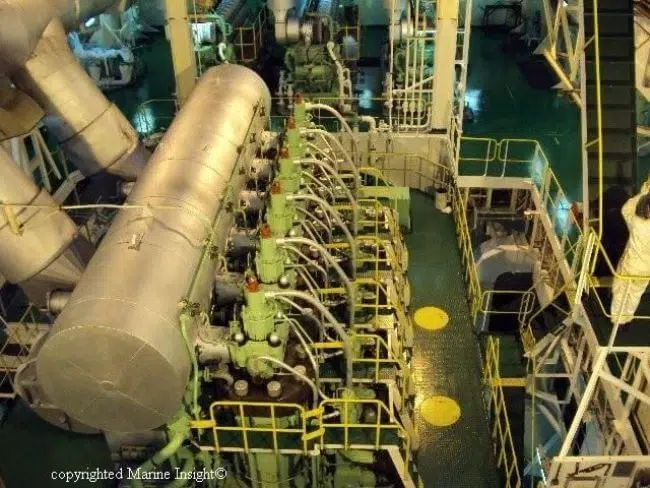
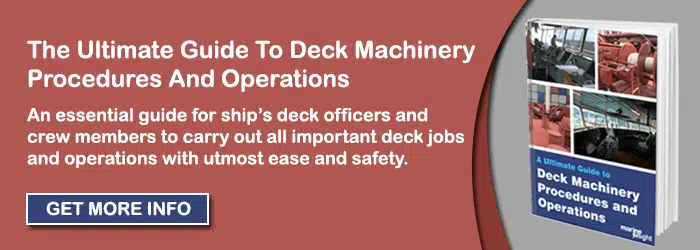
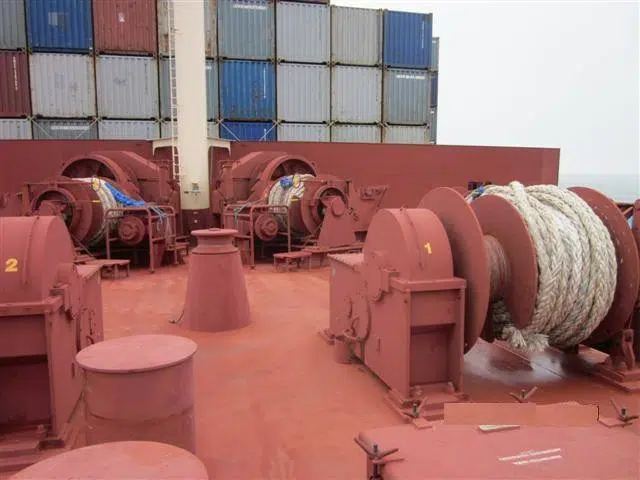
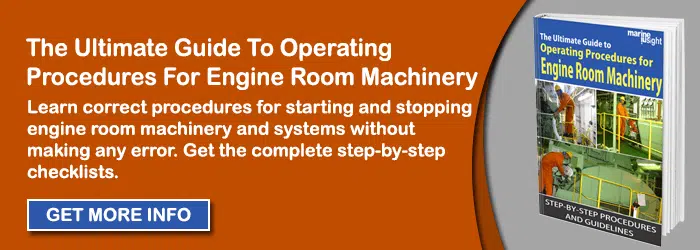
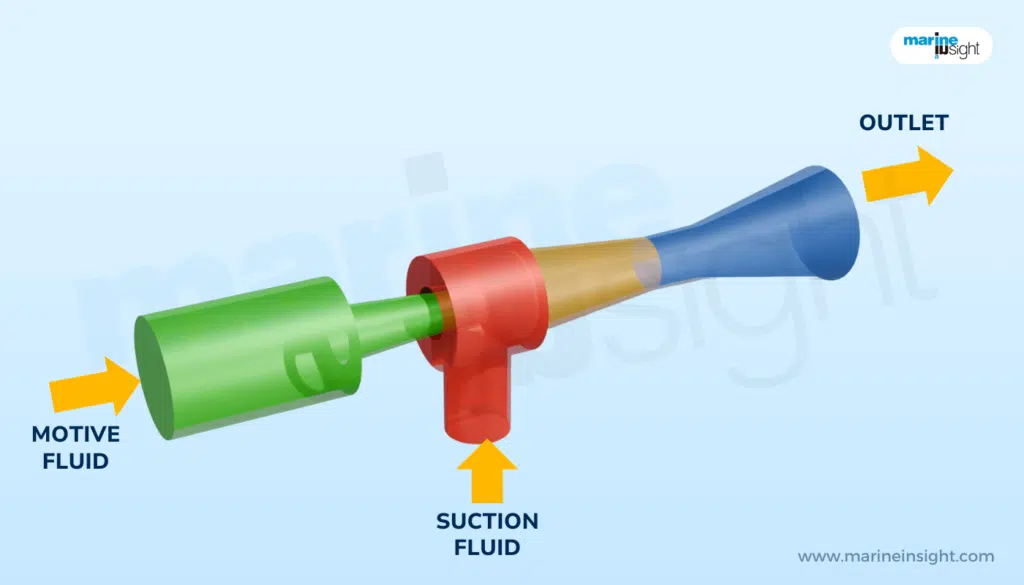
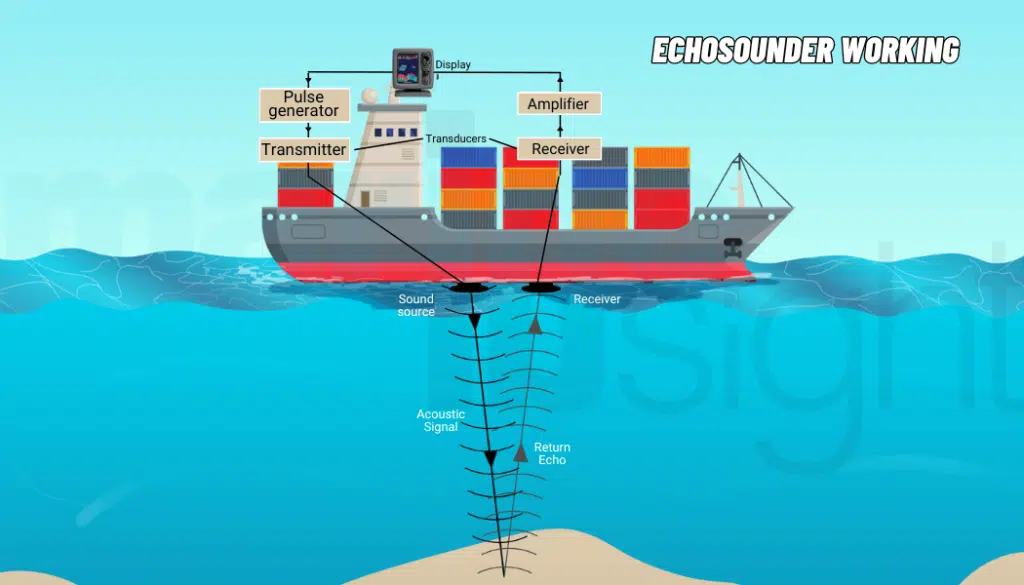
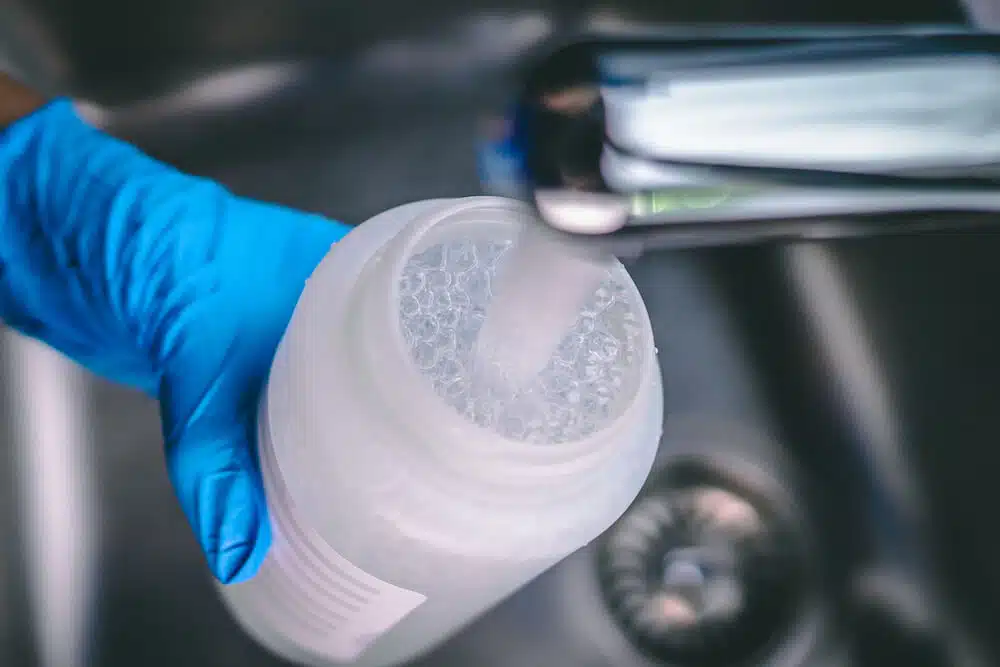
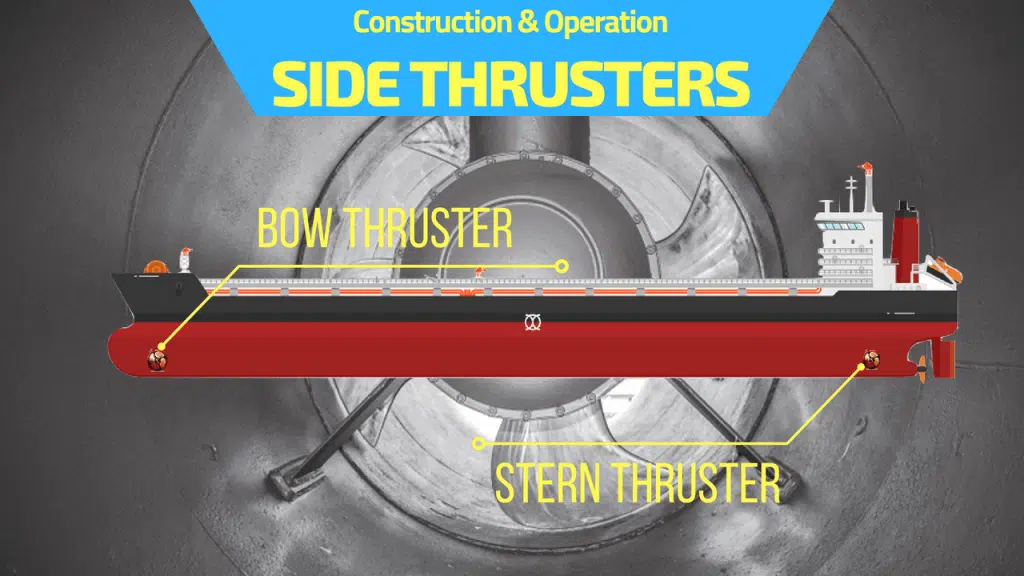
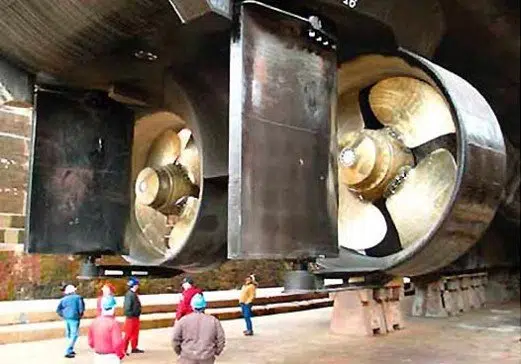
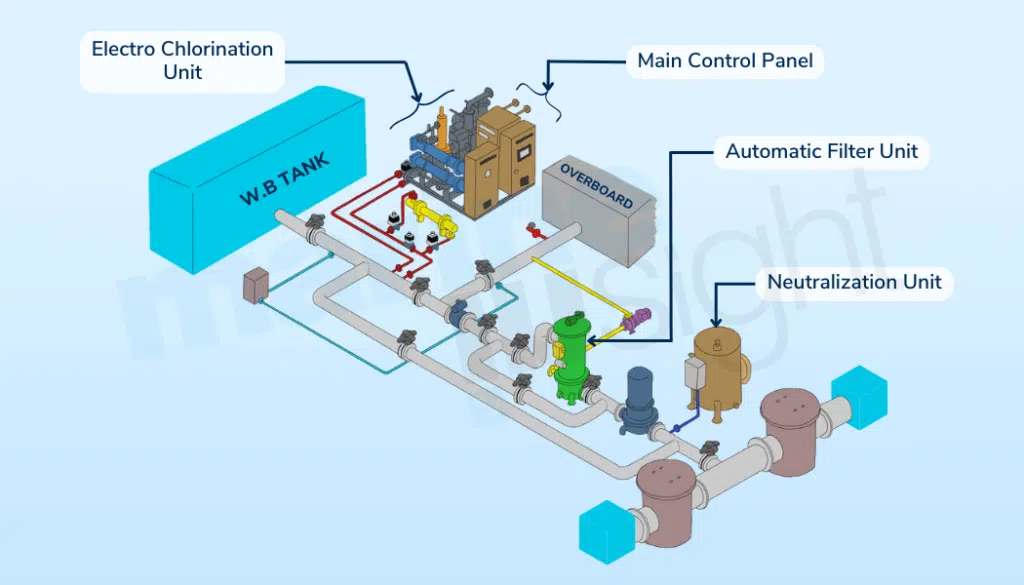
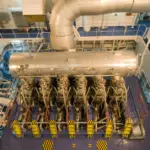
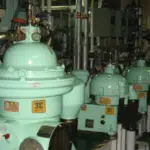


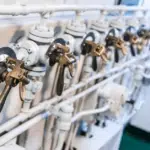


That’s a very important report which every marine engineer should know
Isn’t planned maintenance the same as preventive maintenance?
Not only the shipping field but also manufacturing one all need a proper maintenance strategy including predictive and preventive maintenance. The regular maintenance jobs may extend the lifetime and longevity of overall system, especially the crucial running parts. PMs can help you from fewer large-scale equipment issues, improve safety conditions, decrease equipment breakdown and ensure the maximum ROI as well. The earlier you promote your plan, the more benefits you get back. Marine’s information is so good! Thanks so much.
Nice article, thanks for sharing.
IoT is starting to impact the way businesses work, improving efficiencies and increasing productivity through the data it can access.
Now I see many CMMS companies offering predictive maintenance as features using integrated IoT devices and sensors which measure vibration, power ratings and temperature data.
Among this companies who offer smart CMMS hosted in cloud are :
1) EZmaintain
2) IBM
3) eMaint
4) Hippo CMMS
5) Fiix
I like how you said that having a ship repair schedule could be really good to help eliminate overheads or other problems. Taking the time to ensure that everything is always working well with a boat would be really important. That way you never have to worry about breaking down while at sea or having a problem with losing cargo.
All areas require maintenance, not just ships. The more seagoing ships have to do it more closely because of the problems encountered when offshore